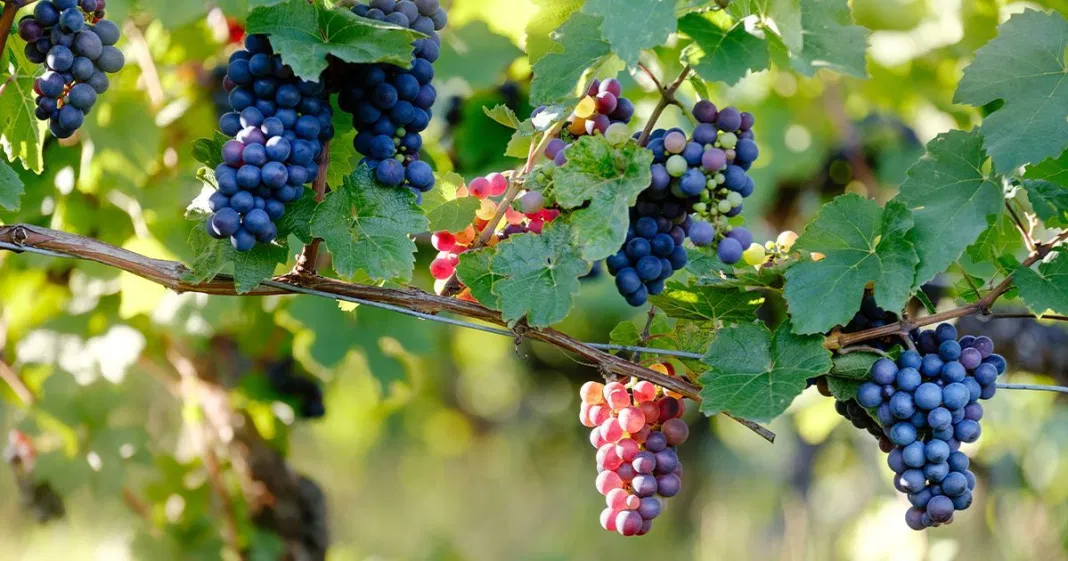Manizales (Colombia), Sr. Elizabeth Caicedo Caicedo, 02 May 2021.- We are fruitful in the humility of pruning.
Download in PDF: Lectio Divina 02-05-2021 eng Download
GOSPEL
STUDY OF THE TEXT
What does the text say? The text we are going to pray today is situated at the beginning/opening of chapter 15 of the Gospel of John. These verses belong to the first literary unit 15, 1-17 which develops the relationship of reciprocity that exists between Jesus and his disciples. Verses 1-8 present the metaphor of the vine, the love of Jesus for his disciples and are marked by the repetition of the expression:“remain in my love”, remain is the key word of the whole passage.
This chapter together with Jn 5 belongs to the longest discourses of Jesus in the Gospel of John. Some biblical scholars claim that Jn 15 is an addition taken from a supposed school of John. The first part of this monologue of Jesus is characterized by the words “remain” and “love”. Love in this section is the binding motif between Jesus and his disciples. 15,1 begins with “I am” which is complemented by “my Father” and “you are” as follows: I am the true vine (15,1) I am the vine (15,5), my Father is the vinedresser (15, 1) and you are the branches/vines (15,5) all referring to a joint work and life together.
The metaphor of the vine is all that Jesus needs to make his listeners reflect on him, his Father and on themselves as disciples, he himself is the vine. The image suggests a physical form of living together, of being fruitful together, of growing together, for this the disciples are already clean (15,3) they by the word of God spoken through Jesus are consecrated to God, they belong to him, it is the word of Jesus that purifies and unites them to God himself. Even though Jesus is going to face death, he is a source of life and holiness for his own, therefore it is possible to bear fruit (15,6). He demonstrates the great fruitfulness of abiding in him and shows his disciples what commitment is involved and what God’s expectations are.
To conclude, he specifies something very important: for the fruit to be plentiful, the father vinedresser is the one who takes care of it, he cuts and prunes, this process of purification takes place when the disciple accepts the word of Jesus.
MEDITATION
What message does God have for me through the text? Communion, unión, entering into relationship is the vital environment of relationship, we are followers of Jesus because in our hearts resounds the “I am” as an expression of identity that draws us to follow, even if it brings the cross, even if it means dying to live as a possibility of bearing fruit.
This common union with Jesus lived in the key of permanence is the source of true love, the love of God communicated to us through Jesus, he called us, he made us his friends, he allowed us to be part of his own, of his family. A family that has the Father as its goal, as the one who cares for the vine: our life, our family, the community, the Church, the world. He knows us, he loves us as he loves his son, in his son he made us his children, so he prunes, he cuts to cleanse, to purify our life and our heart (place of the decisions we make), to give us the opportunity to love as he loves.
On the other hand, as the branch participates in the life of the vine, so we disciples of Jesus by our adherence to him participate in his relationship of intimacy with the Father, with whom Jesus is one, and we can be one, by choice, by love. Therefore, if Jesus abides in us , dwells in us and we abide in him, we have the possibility of bearing fruit, the fruits of holiness, of configuration to Christ. In this sense, remaining united to the Word (Jn 8:31), in love (Jn 15:9-10), in the light (1Jn 2:10) in God (1 Jn 4:13-16) becomes our opportunity to manifest in our lives his glory, his saving action, because we are aware that without him, we can do nothing.
So le tus ask for what we need, what the world needs, because we have the assurance that we will be heard and that what we ask for will be done… because we are his disciples, his friends.
PRAYER
What do we say to God in response to his message?
CONTEMPLATION
What is my commitment? One word is repeated eleven times in a parable as brief as Jn 15, this word is abide. It is like a fixed idea of the writer/narrator that weaves the whole text, the key that explains the text. In the pruning we live through, the most important thing is to remain attached to the trunk from which life comes to us, even though everything seems like death. Our invitation is to make the moments of pruning, of purification, moments of grace where we allow God to speak to our heart, to embrace us, to comfort us in order to continue our life and thus bear fruit.


 EN
EN  ES
ES  FR
FR 




